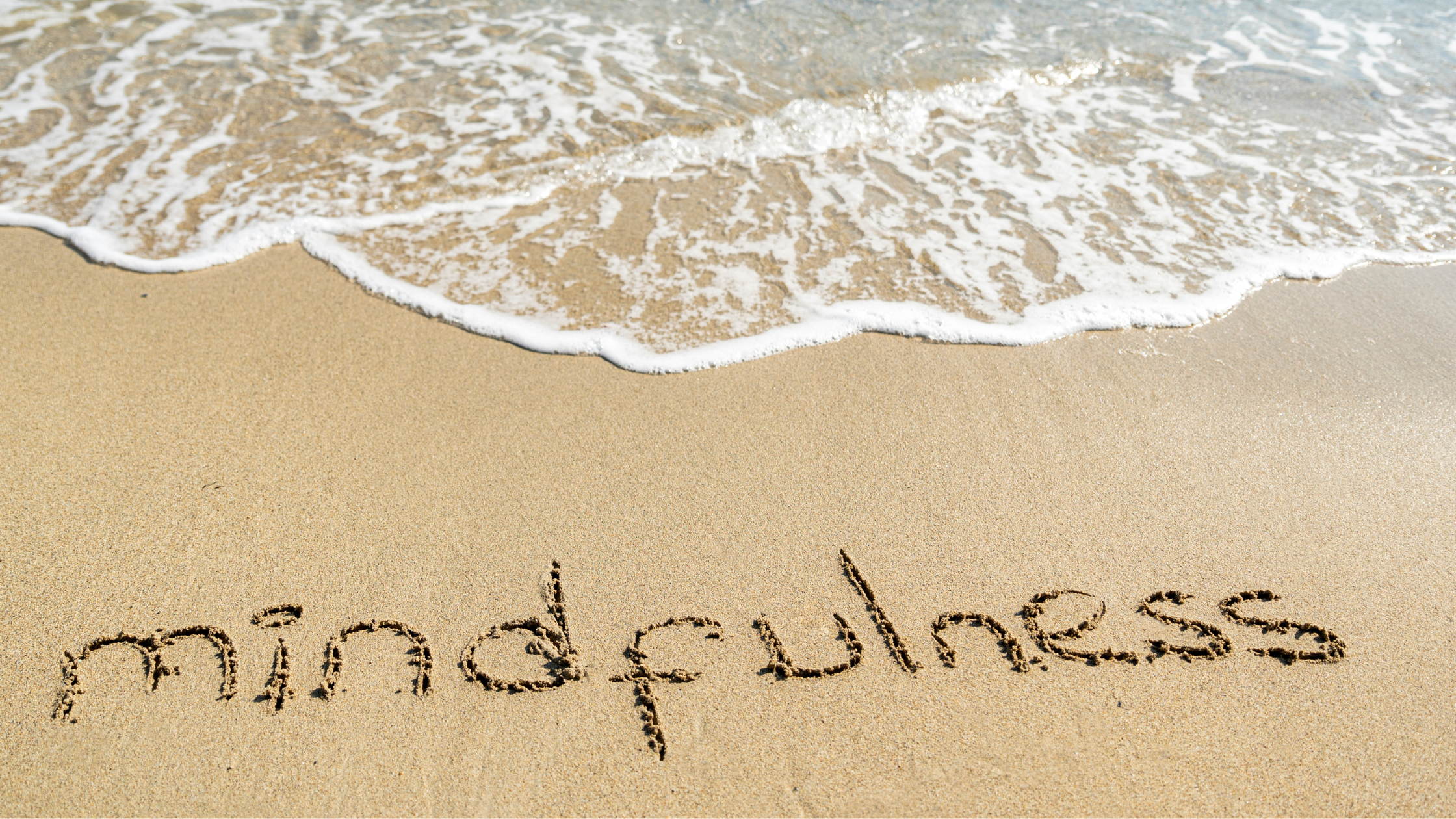In the hustle of modern life, achieving peace and balance can seem overwhelming. With constant to-do lists, work demands, and personal responsibilities, it’s easy to feel consumed by the chaos. Yet, many are turning to mindfulness as a way to stay centered and present amidst the whirlwind of daily life.
Mindfulness, the practice of being fully present and aware of the moment, has been shown to reduce stress, improve focus, and enhance overall well-being. In this article, we’ll explore the power of mindfulness and offer practical tips on how to incorporate this transformative practice into your daily routine, no matter how busy life gets.
What is Mindfulness?
At its core, mindfulness is the act of paying attention to the present moment without judgment. It involves being fully aware of your thoughts, feelings, sensations, and surroundings while letting go of distractions and worries about the past or future. This simple yet profound practice has its roots in ancient meditation techniques but has gained popularity in the modern world due to its proven mental and emotional health benefits.
Mindfulness can be practiced in various forms, from formal meditation sessions to informal moments of awareness throughout the day. The key is to focus your attention on the present and observe your thoughts and feelings without getting caught up in them.
The Benefits of Practicing Mindfulness
Mindfulness offers a wide range of benefits for both the mind and body. Here are some of the most impactful advantages of incorporating mindfulness into your daily routine:
1. Reduces Stress and Anxiety
One of the most well-known benefits of mindfulness is its ability to reduce stress and anxiety. Mindfulness helps you break free from the cycle of worry about the future or rumination on the past by focusing on the present moment. Numerous studies have shown that regular mindfulness can lower cortisol levels (the stress hormone) and create a greater sense of calm and relaxation.
2. Improves Focus and Concentration
In a world filled with distractions, maintaining focus can be challenging. Mindfulness trains the brain to stay present, enhancing your ability to concentrate on tasks without getting sidetracked. Over time, this leads to improved productivity and better decision-making skills.
3. Boosts Emotional Resilience
Mindfulness allows you to observe your emotions without being overwhelmed by them. This increased awareness can lead to greater emotional resilience, helping you manage challenging situations with a clearer, more balanced perspective.
4. Enhances Overall Well-being
When you practice mindfulness regularly, you’re more likely to experience a sense of peace and contentment. By being fully present in each moment, you can appreciate life’s simple pleasures and cultivate a more positive outlook on life.
How to Incorporate Mindfulness into a Busy Schedule
It’s easy to think that mindfulness requires hours of meditation or a complete lifestyle overhaul. However, mindfulness can be seamlessly integrated into even the busiest of schedules. Here are a few simple ways to practice mindfulness daily:
1. Start with a Morning Meditation
Begin your day with a short mindfulness meditation. Even 5-10 minutes of sitting quietly, focusing on your breath can set a calm and centered tone for the rest of the day. If meditation is new to you, try guided mindfulness apps like Headspace or Calm, which offer beginner-friendly sessions.
2. Practice Mindful Breathing Throughout the Day
Whenever you feel stressed or overwhelmed, pause for a moment and take a few deep, mindful breaths. Focus on the sensation of the air entering and leaving your body. This simple technique helps anchor you to the present and reduces anxiety almost instantly.
3. Bring Mindfulness to Everyday Activities
You don’t need to set aside special time to practice mindfulness. Try incorporating it into everyday tasks, such as eating, walking, or even washing the dishes. Pay close attention to the sensations, smells, sounds, and textures you experience during these activities. This trains your brain to stay present even during mundane moments.
4. Mindful Listening
In conversations, practice mindful listening by giving the speaker your full attention. Resist the urge to think about how you’ll respond and instead focus on truly hearing what the other person is saying. This not only enhances your mindfulness but also strengthens your relationships.
5. End the Day with Gratitude
Before going to bed, take a few moments to reflect on your day and acknowledge the things you are grateful for. Gratitude is a powerful way to bring mindfulness into your evening routine, helping you focus on the positive aspects of your day and improve your overall well-being.
Mindfulness is a Lifelong Practice
It’s important to remember that mindfulness is a journey, not a destination. The more you practice, the more naturally it will come to you. Over time, you’ll find yourself more present, more aware, and better equipped to handle the challenges of everyday life.
No matter how busy your life gets, practicing mindfulness can bring peace, clarity, and balance to your daily routine. By learning to stay present in each moment, you open the door to greater happiness, reduced stress, and improved mental and emotional health.
The Power of Presence
In a busy world, mindfulness is the key to staying present, grounded, and focused. Whether you’re new to mindfulness or looking to deepen your practice, incorporating small moments of mindfulness into your daily life can have a profound impact on your well-being. Take a few minutes each day to pause, breathe, and be fully present—you’ll soon discover the transformative power of mindfulness.


2 thoughts on “The Power of Mindfulness: How to Be Present in a Busy World”